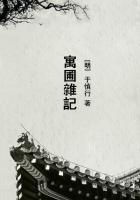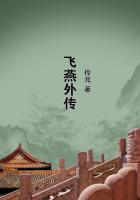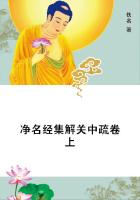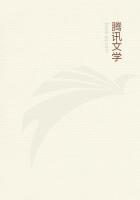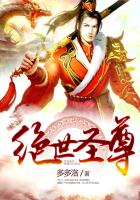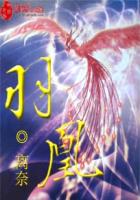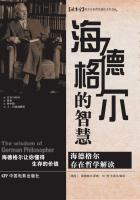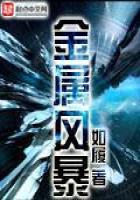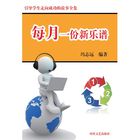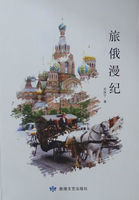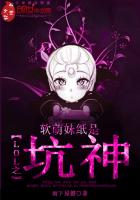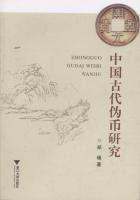Here Ctesippus, the lover of Cleinias, interposes in great excitement, thinking that he will teach the two Sophists a lesson of good manners. But he is quickly entangled in the meshes of their sophistry; and as a storm seems to be gathering Socrates pacifies him with a joke, and Ctesippus then says that he is not reviling the two Sophists, he is only contradicting them. 'But,' says Dionysodorus, 'there is no such thing as contradiction.
When you and I describe the same thing, or you describe one thing and Idescribe another, how can there be a contradiction?' Ctesippus is unable to reply.
Socrates has already heard of the denial of contradiction, and would like to be informed by the great master of the art, 'What is the meaning of this paradox? Is there no such thing as error, ignorance, falsehood? Then what are they professing to teach?' The two Sophists complain that Socrates is ready to answer what they said a year ago, but is 'non-plussed' at what they are saying now. 'What does the word "non-plussed" mean?' Socrates is informed, in reply, that words are lifeless things, and lifeless things have no sense or meaning. Ctesippus again breaks out, and again has to be pacified by Socrates, who renews the conversation with Cleinias. The two Sophists are like Proteus in the variety of their transformations, and he, like Menelaus in the Odyssey, hopes to restore them to their natural form.
He had arrived at the conclusion that Cleinias must become a philosopher.
And philosophy is the possession of knowledge; and knowledge must be of a kind which is profitable and may be used. What knowledge is there which has such a nature? Not the knowledge which is required in any particular art; nor again the art of the composer of speeches, who knows how to write them, but cannot speak them, although he too must be admitted to be a kind of enchanter of wild animals. Neither is the knowledge which we are seeking the knowledge of the general. For the general makes over his prey to the statesman, as the huntsman does to the cook, or the taker of quails to the keeper of quails; he has not the use of that which he acquires. The two enquirers, Cleinias and Socrates, are described as wandering about in a wilderness, vainly searching after the art of life and happiness. At last they fix upon the kingly art, as having the desired sort of knowledge. But the kingly art only gives men those goods which are neither good nor evil:
and if we say further that it makes us wise, in what does it make us wise?
Not in special arts, such as cobbling or carpentering, but only in itself:
or say again that it makes us good, there is no answer to the question, 'good in what?' At length in despair Cleinias and Socrates turn to the 'Dioscuri' and request their aid.
Euthydemus argues that Socrates knows something; and as he cannot know and not know, he cannot know some things and not know others, and therefore he knows all things: he and Dionysodorus and all other men know all things.
'Do they know shoemaking, etc?' 'Yes.' The sceptical Ctesippus would like to have some evidence of this extraordinary statement: he will believe if Euthydemus will tell him how many teeth Dionysodorus has, and if Dionysodorus will give him a like piece of information about Euthydemus.
Even Socrates is incredulous, and indulges in a little raillery at the expense of the brothers. But he restrains himself, remembering that if the men who are to be his teachers think him stupid they will take no pains with him. Another fallacy is produced which turns on the absoluteness of the verb 'to know.' And here Dionysodorus is caught 'napping,' and is induced by Socrates to confess that 'he does not know the good to be unjust.' Socrates appeals to his brother Euthydemus; at the same time he acknowledges that he cannot, like Heracles, fight against a Hydra, and even Heracles, on the approach of a second monster, called upon his nephew Iolaus to help. Dionysodorus rejoins that Iolaus was no more the nephew of Heracles than of Socrates. For a nephew is a nephew, and a brother is a brother, and a father is a father, not of one man only, but of all; nor of men only, but of dogs and sea-monsters. Ctesippus makes merry with the consequences which follow: 'Much good has your father got out of the wisdom of his puppies.'
'But,' says Euthydemus, unabashed, 'nobody wants much good.' Medicine is a good, arms are a good, money is a good, and yet there may be too much of them in wrong places. 'No,' says Ctesippus, 'there cannot be too much gold.' And would you be happy if you had three talents of gold in your belly, a talent in your pate, and a stater in either eye?' Ctesippus, imitating the new wisdom, replies, 'And do not the Scythians reckon those to be the happiest of men who have their skulls gilded and see the inside of them?' 'Do you see,' retorts Euthydemus, 'what has the quality of vision or what has not the quality of vision?' 'What has the quality of vision.' 'And you see our garments?' 'Yes.' 'Then our garments have the quality of vision.' A similar play of words follows, which is successfully retorted by Ctesippus, to the great delight of Cleinias, who is rebuked by Socrates for laughing at such solemn and beautiful things.

